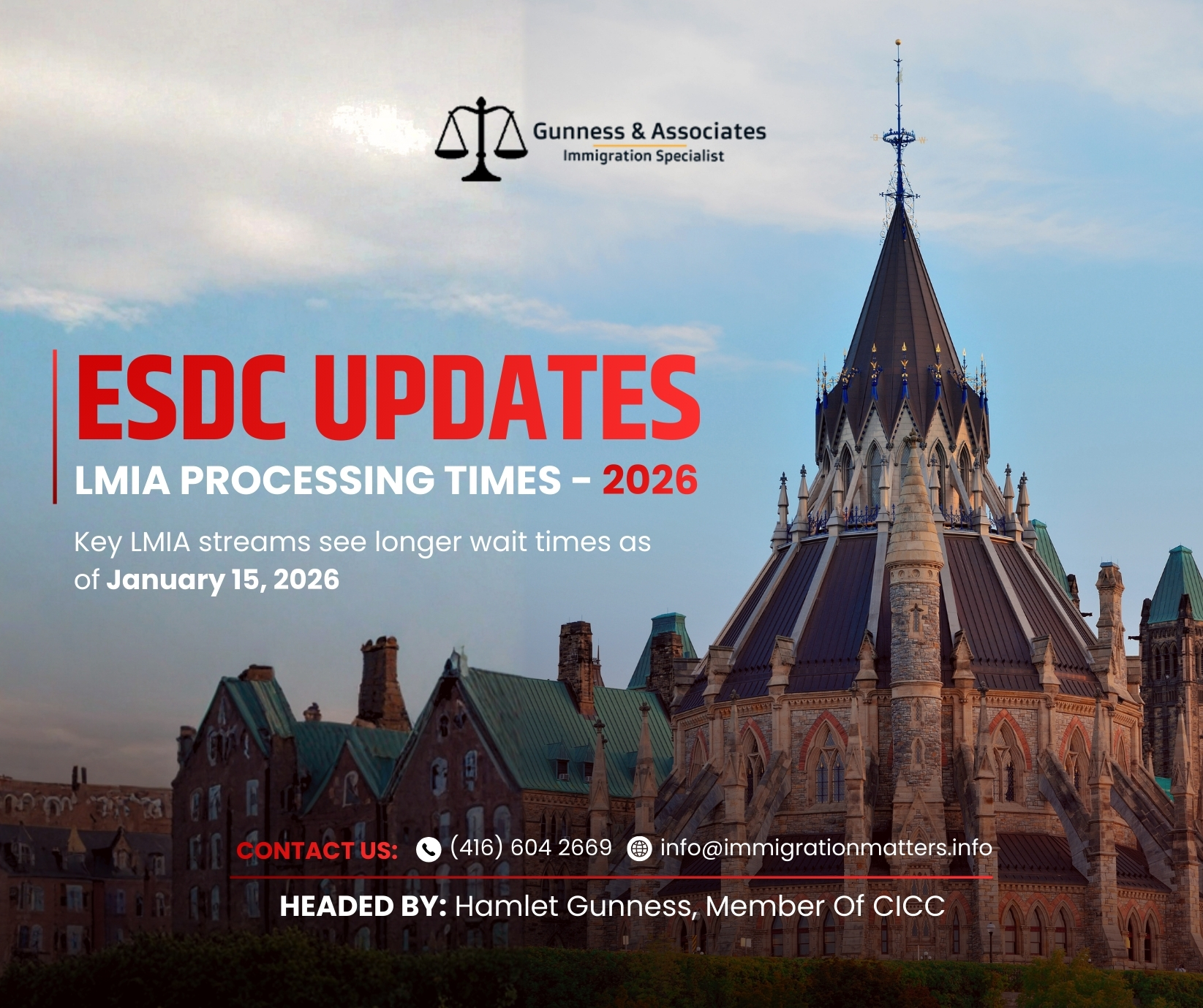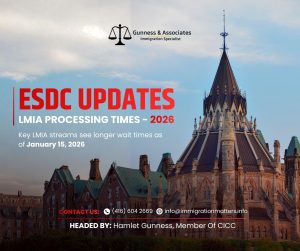Canada to Require Biometrics for Citizenship Applications Canada Starting in 2026–2027
August 20, 2025

Citizenship applications Canada will soon experience a significant overhaul as Immigration, Refugees and Citizenship Canada (IRCC) has introduced a new requirement that will be applicable to all future applicants for Canadian citizenship. Starting 2026–2027, biometrics will be an obligatory requirement for all citizenship applications. This major transformation is an extension of Canada’s ongoing pursuit of modernizing its citizenship and immigration processes so that there will be an increased level of identity verification and security while making procedures more streamlined across various immigration streams.
What Are Biometrics?
Biometrics are distinctive physical identifiers such as fingerprints and facial recognition information. These identifiers have been used extensively all over the world to enhance identity verification systems, act as a deterrent against fraud, and make sure that applicants are precisely who they say they are, particularly in the context of citizenship applications Canada receives.
Currently, biometrics are commonly required for other Canadian immigration programs, such as:
- Permanent residence applications
- Temporary resident visas
- Work and study permits
By extending this requirement to citizenship applicants, Canada is creating a consistent and secure process across all immigration categories.
Why Is Canada Introducing Biometrics for Citizenship?
Canada is one of the popular destinations for immigrants from across the globe. With growing numbers of citizenship requests Canada and permanent residency requests, IRCC aims to make the process more efficient, transparent, and credible. Implementing biometrics for citizenship requests will:
- Improve security and identity confirmation
- Minimize the risk of identity theft and fraud
- Align citizenship processes with other immigration streams
- Support the long-term vision of a modern digital immigration system for Canada
This new requirement is not only a procedural move; it is an expression of Canada’s dedication to safeguarding the integrity of its immigration and citizenship programs and providing newcomers with a secure path to citizenship.
What Citizenship Applicants Should Expect?
Beginning in 2026–2027, all candidates for Canadian citizenship will be required to submit:
- Fingerprints
- Facial recognition information (digital image)
These biometrics will be gathered at designated centers, similar to how they are gathered for work permits, study permits, and permanent residence. The data will be retained securely and used solely for identification purposes in the citizenship process. This adjustment ensures that all applicants, whether from any country, will undergo an identical uniform procedure, promoting equity and fairness in Citizenship applications Canada.
Benefits of Biometric Requirements
Although this will seem like an added step to others, it carries with it several advantages for applicants and the Canadian system as a whole:
- Shorter processing times – Biometrics facilitate streamlined identity verification, enabling IRCC to process the applications more quickly.
- More confidence in the system – Applicants have the assurance that Canada’s process for citizenship is secure, safe, and open.
- Alignment with international standards – Most nations already employ biometrics in immigration and citizenship. Canada’s inclusion guarantees homogeneity with worldwide best practices.
Preparing for the Upcoming Change
If you are a person looking to apply for Citizenship applications Canada in the coming years, it is necessary to be aware of these updates. Although the requirement will not take effect until 2026–2027, it gives applicants a heads-up now so that they can plan ahead of time and not be delayed when the rule is fully enforced.
How Gunness & Associates Can Help?
It can be daunting at times to navigate Canada’s immigration and citizenship process, particularly with the latest changes such as biometrics. We have expertise in leading applicants through all stages of their journey — from permanent resident applications to Canada citizenship applications, making the process as smooth and hassle-free as possible.
Our team of experienced immigration professionals can help you:
- Understand the biometric collection process
- Prepare your citizenship application correctly and on time
- Avoid common mistakes that can delay approvals
- Stay up to date with the latest IRCC policy changes
With Canada preparing to introduce biometrics for citizenship applications, having a trusted advisor by your side ensures you are always ready and confident.
Biometrics to Become Mandatory for Citizenship Applications Canada
The future mandating of biometrics in Canadian citizenship applications is a step in the right direction towards heightened security and the modernization of Canada’s immigration system. All applicants will submit fingerprints and facial recognition information by 2026–2027, maintaining consistency, fairness, and transparency across the process.
If you are going to apply for citizenship applications Canada, keeping up with these updates is the key to a seamless process. We are here to assist you at every stage — from learning about new conditions to making your dream of becoming a Canadian citizen a reality.
If you want to know more details about “Canada to Require Biometrics for Citizenship Applications Canada Starting in 2026–2027“ you can contact one of our immigration specialists at Gunness & Associates.
Gunness & Associates has helped thousands of people successfully immigrate to Canada with their families. Our skilled and experienced immigration experts have the expertise to accurately examine your case and advise you on the best method of proceeding to serve your needs.
For Honest And Straightforward Advice, Contact The Experts
Get a Free Assessment
All rights reserved ©2025 Gunness & Associates







